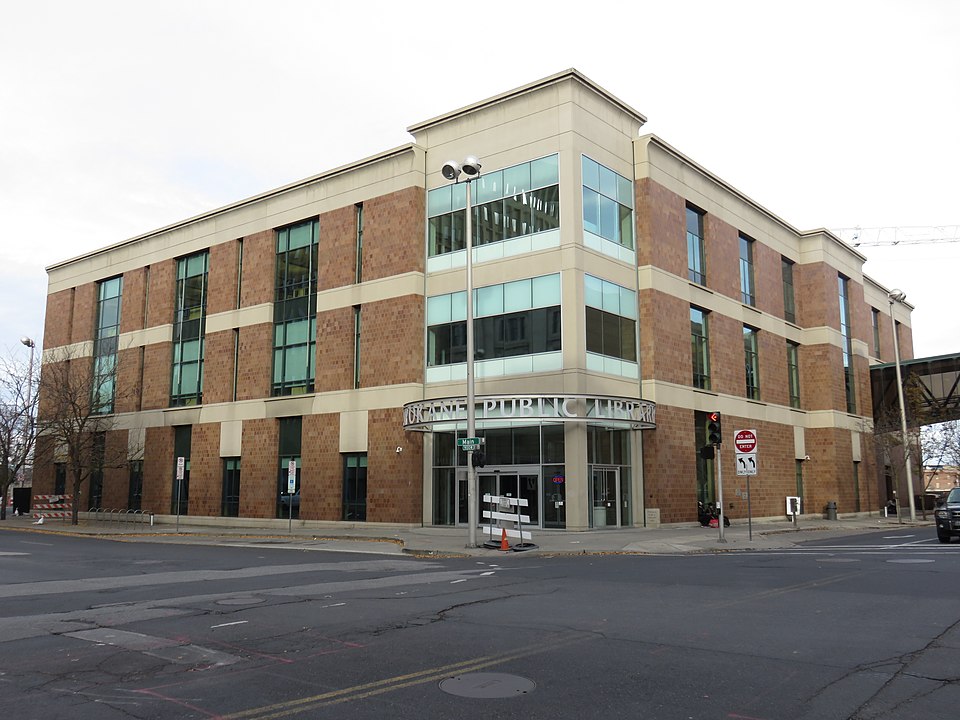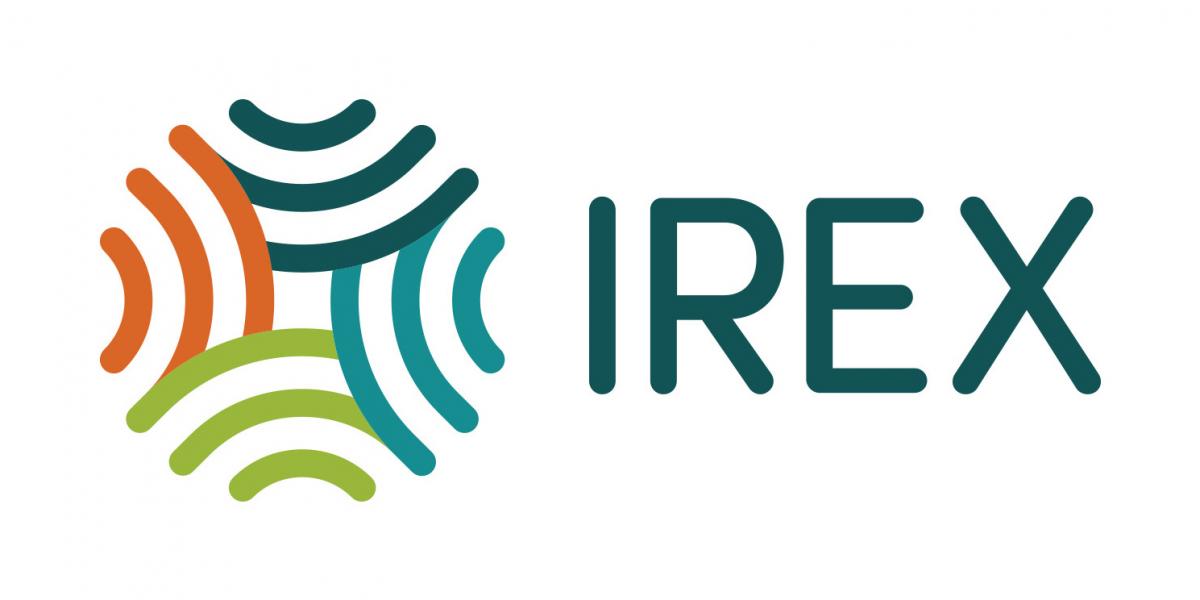Bridgebuilding Case Study: Spokane Public Library
This case study was developed by IREX as an example of a "bridgebuilding" activity. IREX defines bridgebuilding as engaging across differences in ways that respect identities, foster mutual relationships, seek a common good, and promote a commitment to civic engagement, thereby contributing to increased social capital and strengthened civic infrastructure, and ultimately, a stronger democracy.
Background/context of the library
Spokane Public Library has the following strategic goals for its work with the community:
- Educate Our Citizens
- Inspire a community of learners.
- Build cooperative networks for sharing knowledge and opportunity.
- Be the resource for free learning opportunities for all citizens.
- Become the Platform
- Provide opportunities for personal enrichment.
- Create spaces for citizens to interact and collaborate.
- Showcase Spokane.
- Be the Community’s Partner
- Cultivate a strong sense of community.
- Create synergy with mission-aligned organizations.
- Provide community groups and businesses with cutting edge resources to meet their goals.
The library is committed to innovation and experimentation and is working to further grow and develop its programs, including expanding its programming team and assigning staff to special programming topics, such as current events and writing.
What bridging initiatives/programs has the library offered?
The library started hosting Braver Angels workshops, which are aimed at bridging political divides and fostering empathy for people who have different beliefs. The workshops use Braver Angels’ established approach and are moderated by a library staff member who is a trained Braver Angels moderator. Participants learn how to have a productive conversation with someone they disagree with. The first Braver Angels workshop, which was two-hours long and titled “Family and Politics,” took place before Thanksgiving in 2022, and focused on how to navigate political discussions at family gatherings in a constructive way.
Additionally, the library has begun hosting Civics Salons, events that bring community members together to talk about political issues. These events were loosely inspired by economics salons that were organized by a community member. The first salon focused on themes from John Stuart Mill’s On Liberty, such as the meaning of liberty and freedom of speech.
The library also organizes events featuring local community members who are knowledgeable about specific issues and willing to share their expertise. For example, they organized an event where an Iranian refugee, who lives in their community and is a democrat, was interviewed by another community member, who is politically conservative, about his experience and how it relates to the recent protests in Iran.
Other library events have included a screening of the documentary The Abortion Talks, which chronicles secret meetings that took place between three pro-life activists and three pro-choice activists in the wake of the murder of two abortion clinic workers in 1994 and shows the strong relationships the activists built with each other as a result of those meetings. The event included a post-screening Q&A with the film’s director.

Why were bridging initiatives needed in the community?
The library was interested in exploring what they could do to help address polarization and distrust in their community. Because the city of Spokane tends to be liberal, while the surrounding region is conservative, bridging political divisions was particularly of interest to the library. Their focus was not on changing anyone’s political beliefs but rather on promoting understanding and tolerance for community members who have different beliefs and helping them build relationships with each other.
What were the signs of success?
The Civics Salon focused on On Liberty went smoothly despite the potentially contentious issues it covered related to freedom of expression. Although there was disagreement, everyone engaged civilly with each other. Additionally, the library observed that participants seemed grateful for the experience and several people who had participated in the events decided to attend subsequent events as a result of their positive experience.
What was learned?
The Civics Salon was a new initiative that was developed by the library. Because the Civics Salon did not have a set structure or clear expectations for what the event would look like, and without a pre-registration process that allowed the library to know who planned to attend (like the Braver Angels workshops do), library staff were unsure how it would go and whether attendees would be prepared to engage with people who have different viewpoints. The event was listed on the library’s public calendar and on social media, encouraging people to come to discuss a particular topic and library staff were pleased to see that people were interested in attending and engaged with each other in a constructive way.
Library details
- Library name: Spokane Public Library
- City, State: Spokane, WA
- Size of library system: 7 locations
- Contact for bridging work: Shane Gronholz, [email protected]
Use this case study to learn:
- how you can facilitate conversations between members of the community to foster dialogue across differences.
- about different activities that libraries are organizing to bridge political divides in their communities.
- how libraries are partnering with national organizations and community members on bridging initiatives.
Share your story

Does your library have a bridgebuilding example to share? Write your own case study by completing this template and sending it to [email protected].

